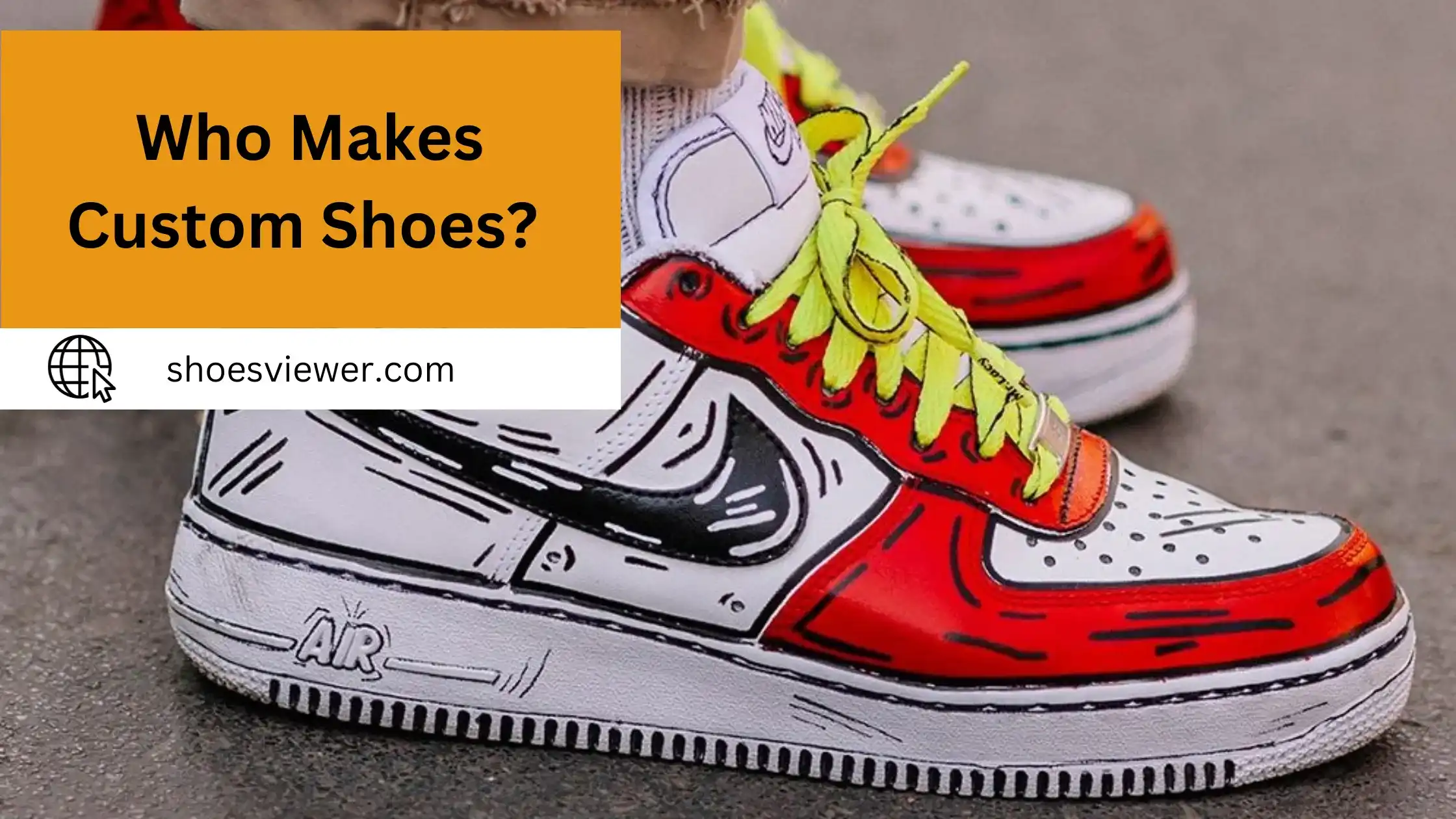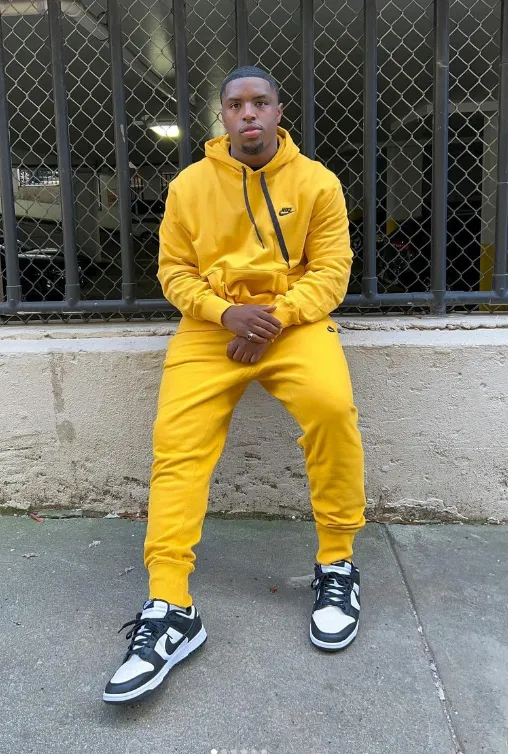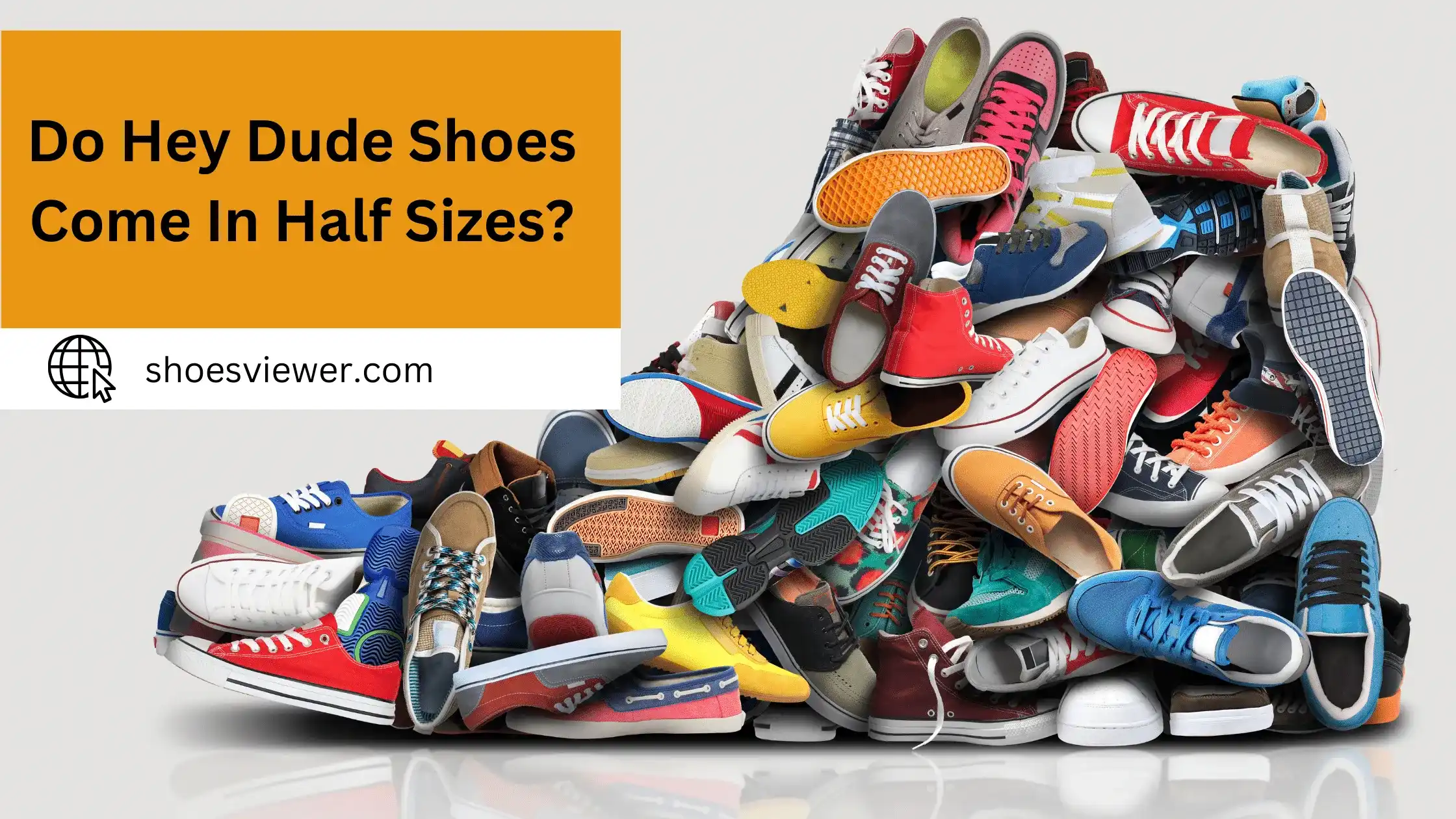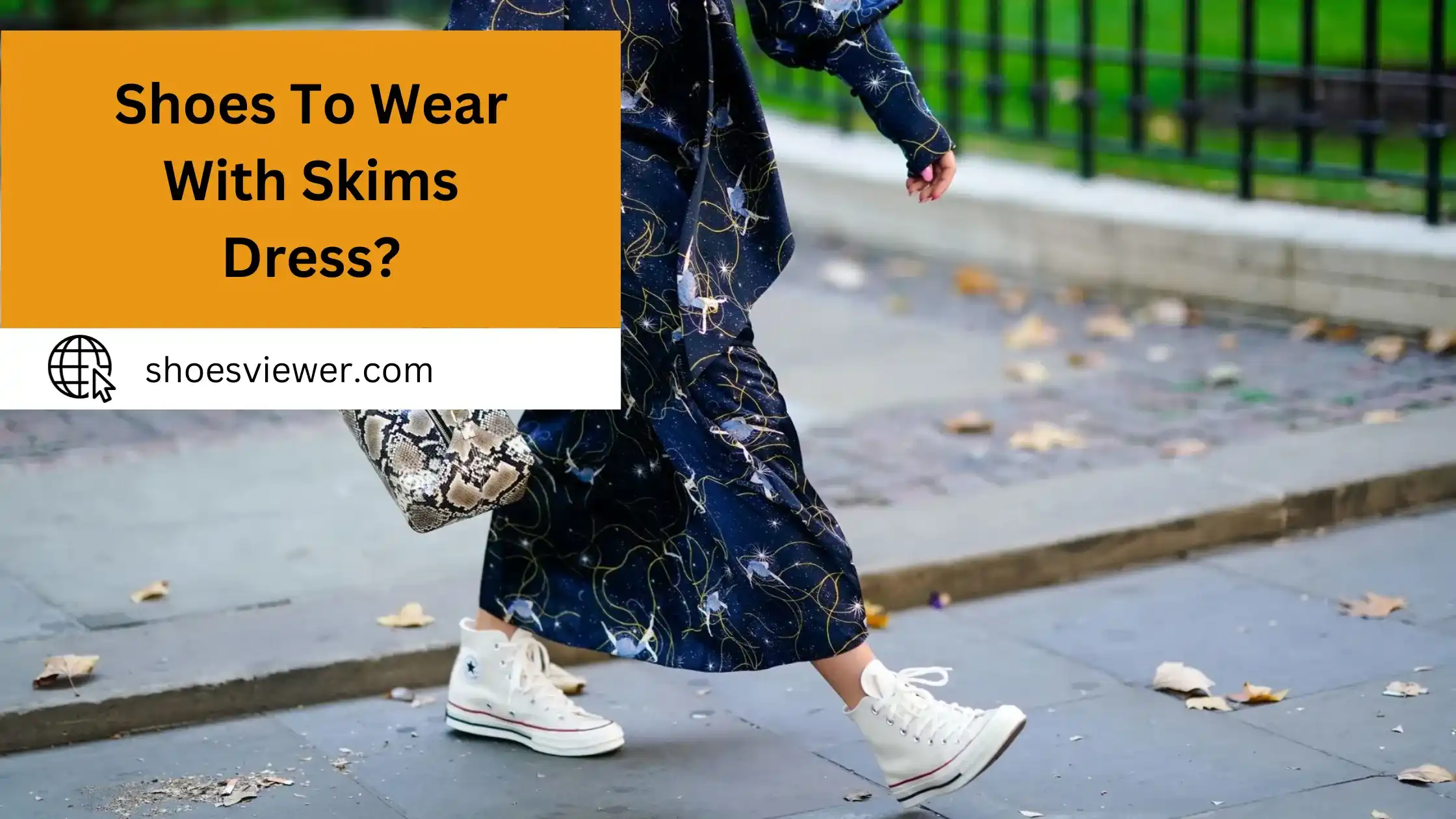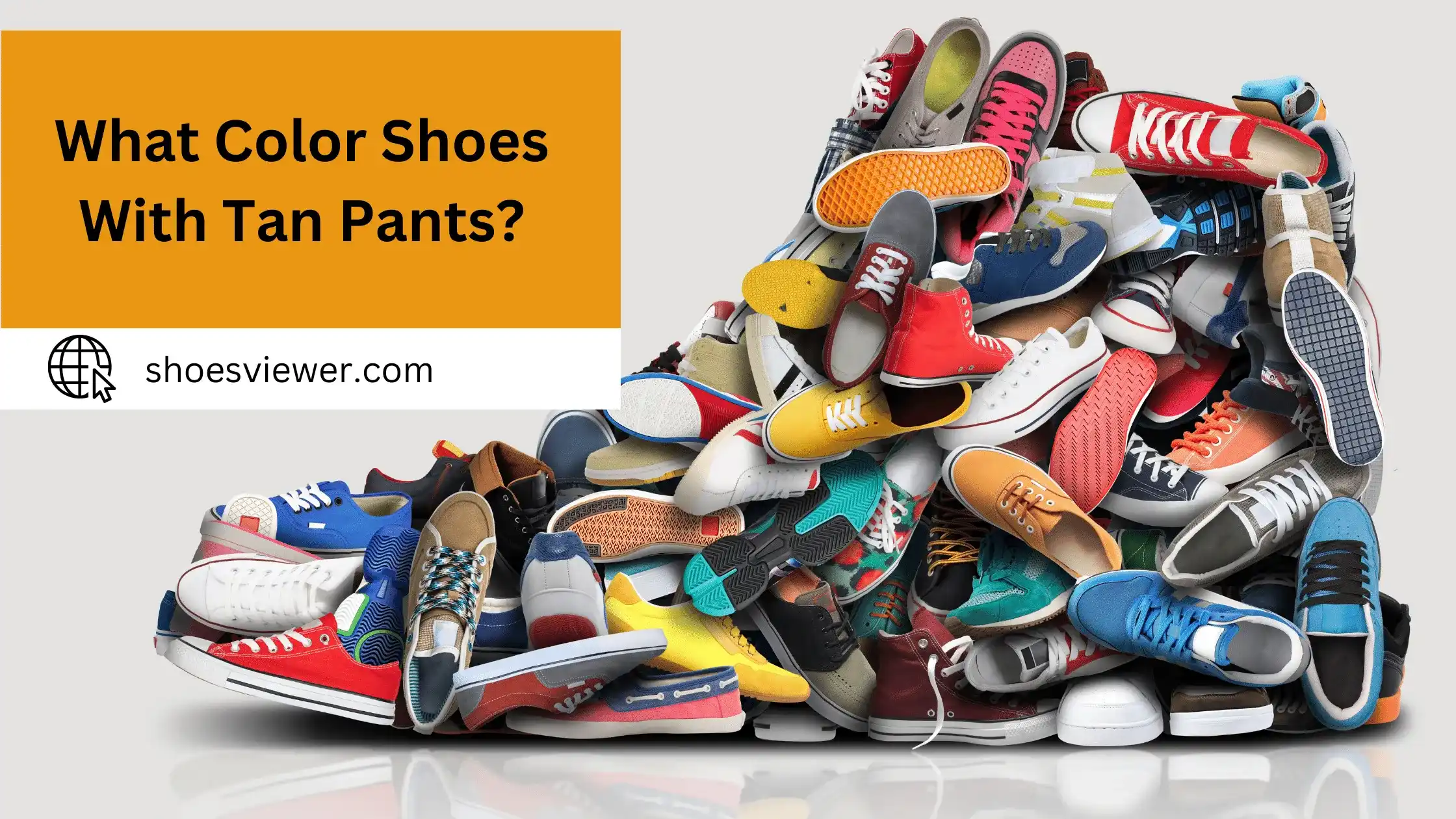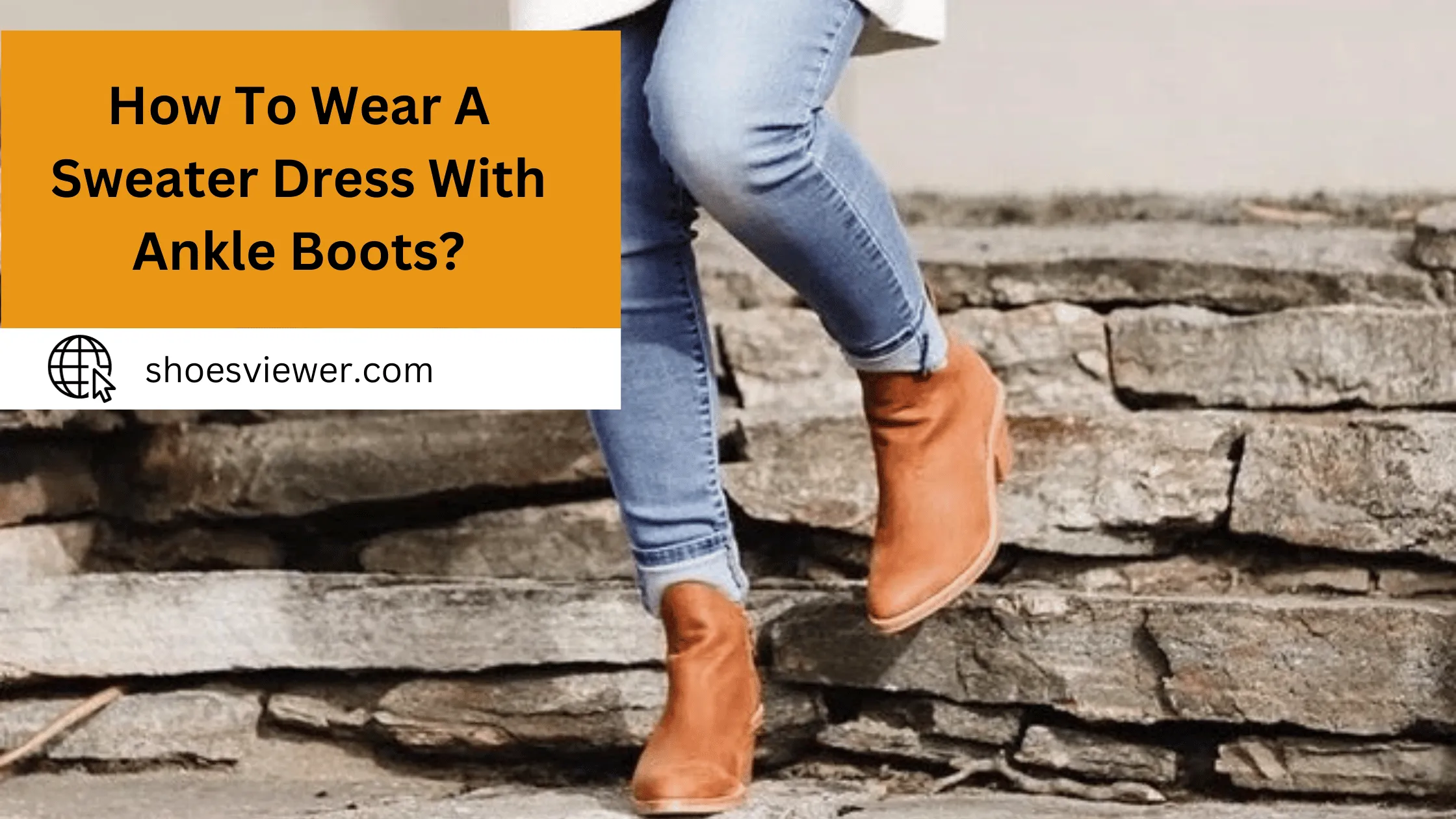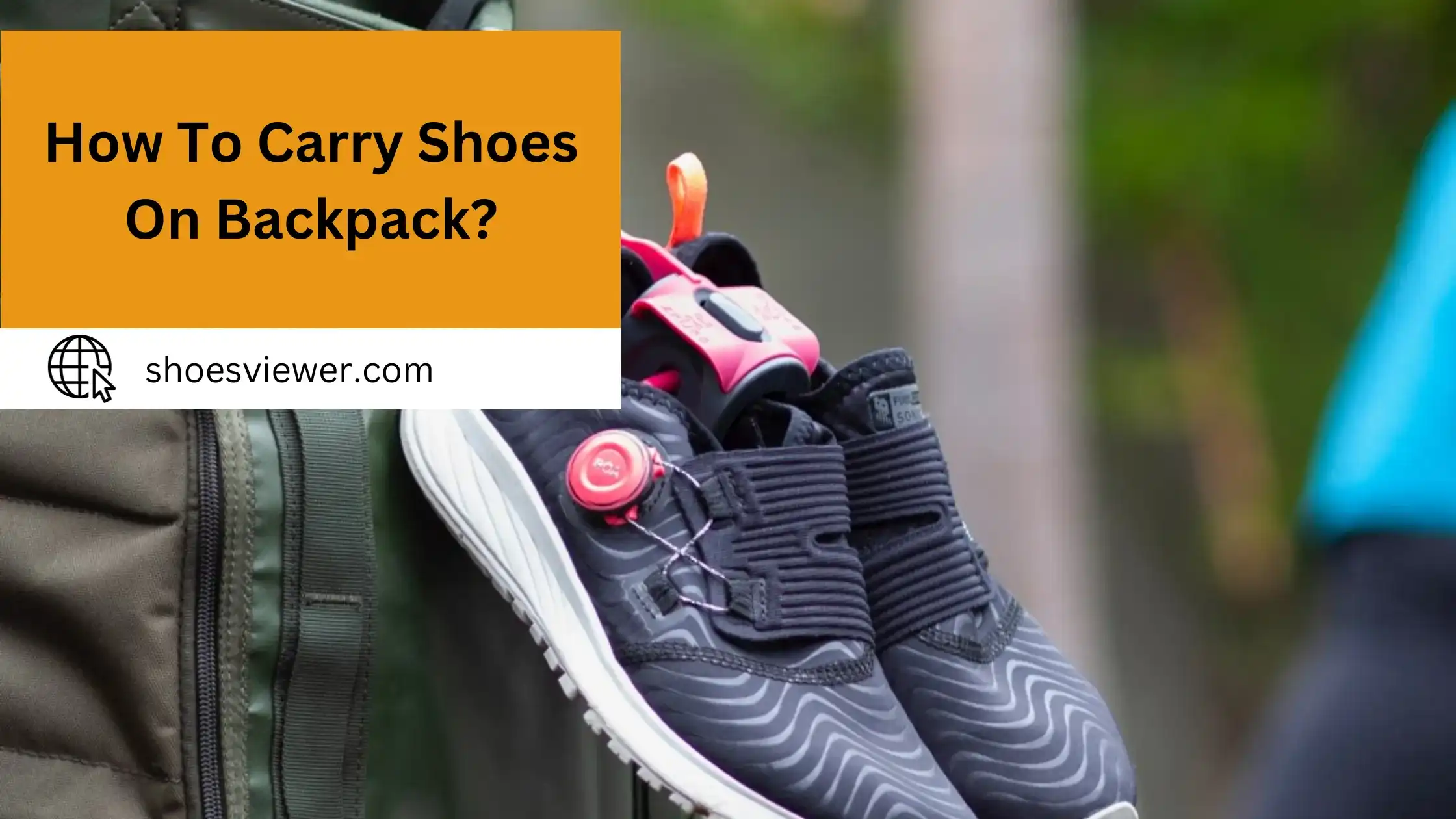With custom shoes, you have unprecedented freedom in creating a pair of sneakers that reflects your style. Whether you want designer looks or just an extra bit of comfort, there’s no limit to what can be achieved with the help of skilled artisans who specialize in crafting custom kicks.
We’ll explore how to find craftspeople who make bespoke shoes on commission and discuss the benefits and drawbacks of investing time and money into truly original footwear.
The Craftsmen: Who Makes Custom Shoes?
Custom shoes are the brainchild of skilled artisans, artisans with years or even generations of experience in the art of These artisans:
Possess Expert Knowledge:
They understand the intricacies of foot anatomy and the dynamics of walking and movement.
Prioritize Precision:
Every cut, stitch, and design choice is made with precision.
Combine Tradition And Innovation:
While they often employ traditional methods, they are open to using modern technology or designs when beneficial.
Understanding Custom Shoes: What Sets Them Apart?
Custom shoes, as the name suggests, are tailored to the individual. Unlike mass-produced shoes, they are crafted with personal specifications in mind. Here’s what sets them apart:
Personalized Fit:
Custom shoes are often made to fit the unique contours and measurements of an individual’s feet, ensuring maximum comfort.
Unique Design:
Customers have the canings, colors, and materials, making the final product reflect their style.
Premium Materials:
Custom shoemakers often use high-quality, sometimes rare materials, offering durability alongside aesthetic appeal.
Craftsmanship:
With a focus on individual orders rather than mass production, there’s greater attention to detail in every pair.
Longevity:
Due to the quality of materials and craftsmanship, custom shoes often last much longer than their off-the-shelf counterparts.
A Look At Renowned Custom Shoemakers Around The World
John Lobb (UK & Paris):
With roots dating back to the 19th century, John Lobb offers some of the finest bespoke shoes, merging British tradition with impeccable craftsmanship.
George Cleverley (UK):
Another titan in the British shoemaking world, Cleverley is known for its distinctive toe shape for royalty and celebrity clients celebrities.
Stefano Bemer (Italy):
Representing Italian elegance, Bemer started his brand in Florence in the 1980s and quickly gained recognition for his impeccable craftsmanship and style.
The Shoe Surgeon (USA):
An LA-based artist, he is famed for his custom sneakers, where he blends streetwear with luxury in a distinctive style.
Hiro Yanagimachi (Japan):
Based in Tokyo, Hiro offers bespoke and-to-measure services, reflecting Japanese dedication to craftsmanship.
Bespoke IND (Australia):
A Melbourne-based custom sneaker studio, they’re known for their distinct reinterpretations of classic sneaker silhouettes using luxurious materials.
Carreducker (UK):
An English company that combines the traditional methods of hand-sewn shoemaking with contemporary designs.
This is just a glimpse into the world of custom shoemaking. The industry is vast, with artisans in every corner of the globe, each bringing their unique flair and expertise to the dab enthusiasts. Diving into the realm of custom footwear can be an enriching journey, one that marries personal style with unparalleled comfort.
Process Overview: How Are Custom Shoes Made?
Making custom shoes is an intricate process that involves several detailed steps tailored to the unique needs and specifications of the client:
Consultation:
The process typically begins with a one-on-one consultation where the client’s preferences, needs, and design choices are discussed in detail.
Foot Measurement:
Precise measurements of the client’s feet are taken. This can involve traditional methods, such as using a Brannock device, or advanced techniques like 3D foot scanning.
Last Making:
A ‘last’ is a mold around which the shoe is constructed. For custom shoes, a bespoke last is often created to match the exact dimensions of the client’s feet.
Design & Material Selection:
Based on the design, drawn up based on the inputs and the shoemaker’s expertise, a designer t then chooses the materials, colors, and any other specific elements they want in the shoe.
Cutting & Assembling:
The chosen material (often leather) is meticulously cut based on the design. The cut pieces, also known as ‘uppers,’ are assembled.
Shoe Construction:
The uppers are then attached to the soles. Depending on the shoe type and client’s reference, this can be done through various methods, including Goodyear welting or Blake stitching.
Finishing Touches:
The shoe is polished, buffed, and given additional finishing touches to enhance its aesthetic appeal.
Final Fitting:
Once the shoe is constructed, a final fitting is arranged. Minor adjustments might be made to ensure a perfect fit.
Delivery:
The finished pair of custom shoes is then delivered to the client, often accompanied by care instructions and accessories like shoe trees or bags.
The Value Proposition: Why Choose Custom Shoes?
- Custom shoes are tailored to the unique contours of your feet, offering comfort that’s hard to match with off-the-shelf options.
- They allow you individual style, from design to material choices, ensuring you wear something unique. Shoemakers typically utilize high-quality materials and construction techniques, allowing shoes to last longer and age gracefully.
- The attention to detail provided by experienced artisans is unmatched. Every stitch and seam is a testament to their skill and passion.
- Those Custom shoes can be a boon for specific foot issues or unique custom fit to individual needs, potentially alleviating discomfort or pain associated with wearing ill-fitting shoes.
- With a focus on quality and longevity, custom shoes can be more sustainable in the long run, reducing the frequency of replacements and the associated environmental impact.
- The journey of having shoes crafted especially exceptionally, from the consultation to the final fitting, is a luxurious and exclusive experience.
While custom shoes often come with a higher price tag than mass-produced options, their value in comfort, style, and longevity makes them a worthy investment for many.
Custom Shoe Trends: What’s Popular In The Custom Shoe World?
The world of custom shoes is constantly evolving with broader shifts in fashion and culture. Some current trends in custom shoe-making include:
Sustainable Materials:
With increasing awareness about environmental issues, many customers now seek sustainable materials, such as ethically sourced leather, vegan alternatives, or recycled materials.
Personalized Sneakers:
Beyond the traditional dress shoe, there’s a booming demand for customized sneakers, where individuals can choose colors, materials, and unique design elements for their favorite sneaker models.
Bold Colors & Textures:
Moving away from the classic blacks and browns, many opt for colors, unique textures, and patterns, incredibly casual and semi-formal footwear.
Tech Integration:
Some custom shoemakers now incorporate tech features, such as app-driven LED lighting or embedded NFC chips for digital connectivity.
Hand-painted Artwork:
Shoes as canvases for art are gaining traction. This includes detailed hand-painted designs, which transform into a wearable piece of art.
Revival of Traditional Styles:
While innovation thrives, there’s a renewed appreciation for traditional shoe styles and craftsmanship techniques, such as the Brogues, Oxfords, and hand-welted constructions.
Caring for Your Custom Shoes- Maintenance Tips And Tricks:
Custom shoes, being an investment, demand proper care to ensure they last and continue to look their best:
- Remove dirt and dust using a soft brush. For leather shoes, apply a quality leather cleaner before conditioning.
- Leather shoes benefit from regular conditioning to prevent them from drying out and cracking. Use a quality leather conditioner or cream.
- Regularly polish leather shoes to maintain shine and protect them from minor scuffs.
- If you anticipate walking in rainy or wet conditions, apply water-protectants to let wet shoes dry naturally; avoid direct heat sources.
- It’s benefitting between different pairs is beneficial to pair a rest, which prolongs their lifespan.
- Cedar shoe trees help maintain the shape of your shoes and absorb moisture, which can be particularly beneficial for leather footwear.
- If your shoes have leather soles, avoid wearing them on very wet days. Consider adding a rubber protective sole for added durability.
- Store your custom shoes in a cool, dry place. Use the original box or a cloth bag to prevent dust buildup.
Caring for custom shoes is as much about routine maintenance as it is about issues as they arise. Regular care looks pristine, and Pandey remains comfortable and durable for years.
Conclusion:
Customizing your shoes can be a fun and creative way to express yourself. Whether you’re a novice shoemaker looking to make your unique pair of shoes or an experienced expert wanting to perfect their craft, many options are available for those looking for an individualized experience in the shoe industry. It doesn’t matter whether you’re looking for something simple and classic or bold and daring; custom shoes can provide you with the design you desire.
